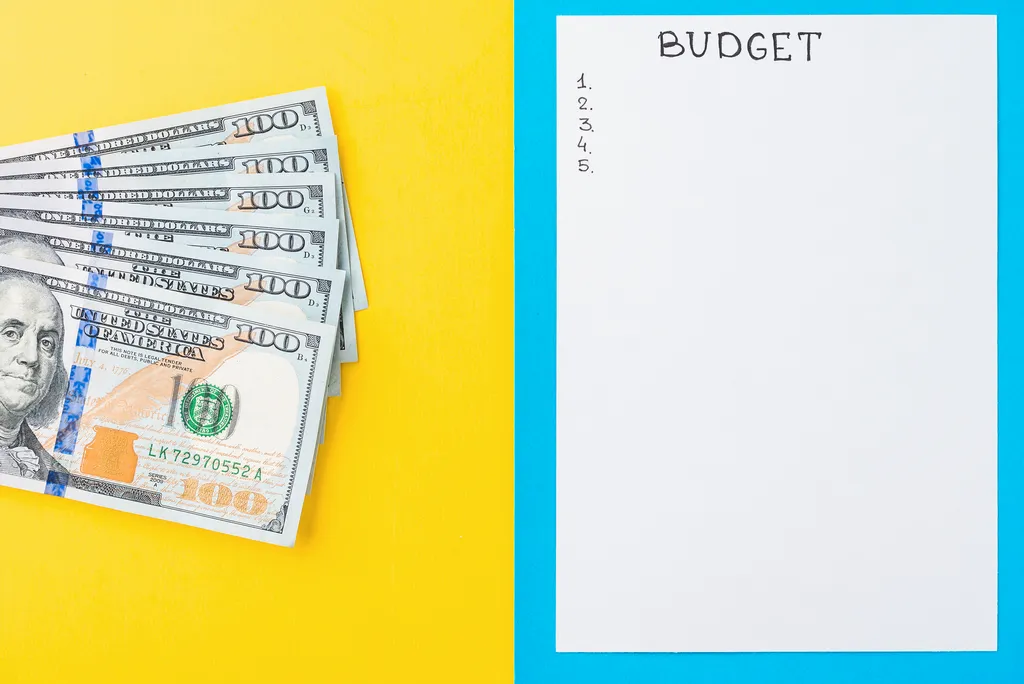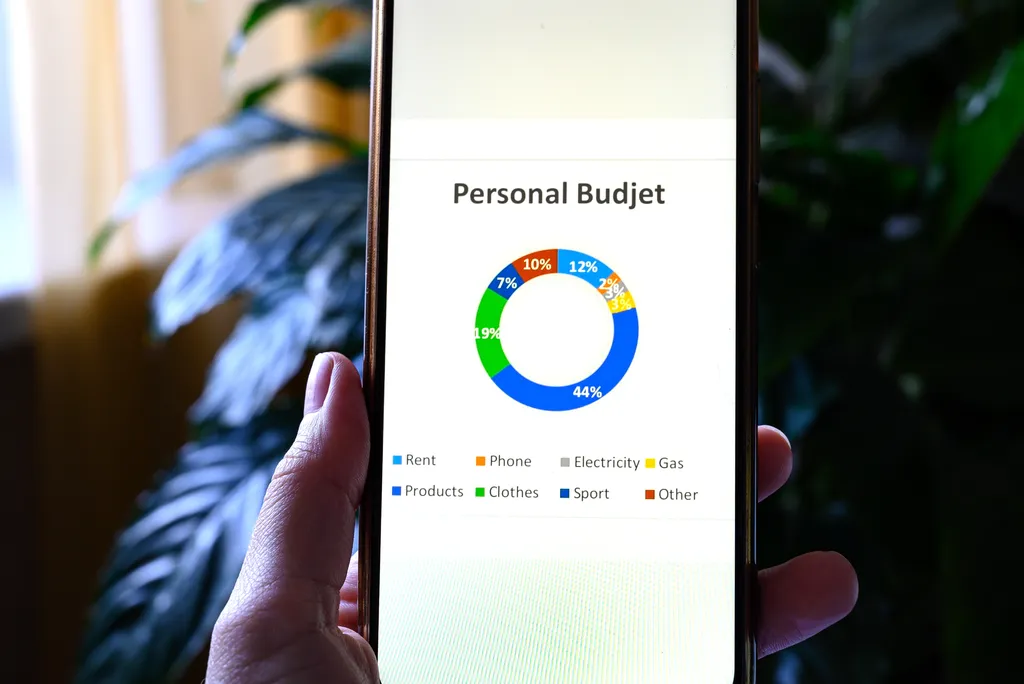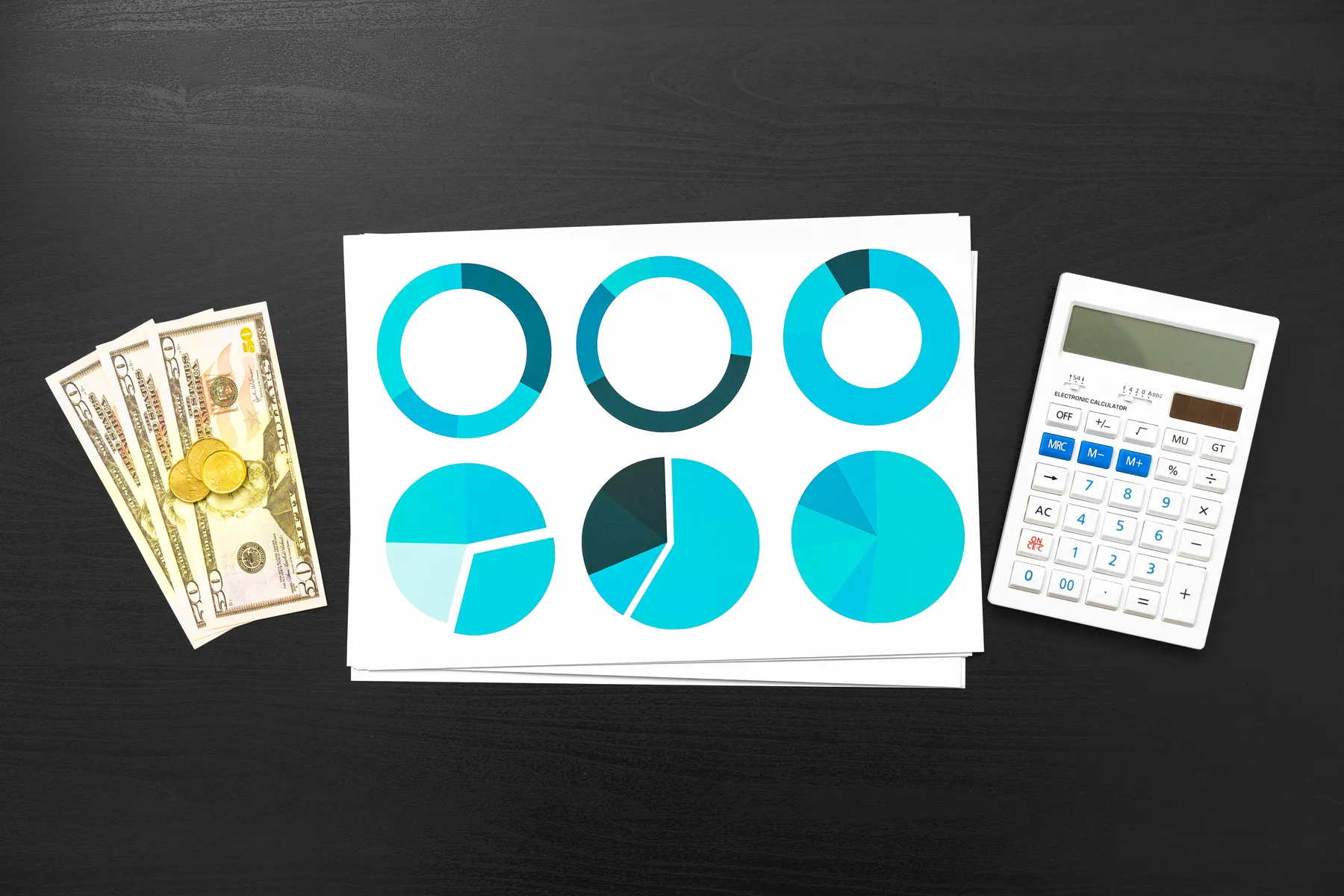Introduction
Understanding the language of basic financial literacy is helpful and necessary in a world where the economy and technology have dramatically changed. Being financially literate can change our future, protect our way of life, and give us the power to make intelligent decisions. Money management skills are essential for college students, young people, and anyone who wants to build a solid financial base.
Before we go too deep into the vast ocean of financial literacy, let’s discuss why everyone should prioritize basic financial literacy.
Benefits of Financial Literacy
Having power over your money isn’t just about having more; it’s also about feeling safe and in charge of your life. Here are some essential reasons why you need to know about money.
Financial Independence
Financial freedom means taking care of yourself without depending too much on others. The idea comes from a mix of good money sense, like making a budget and saving. When people understand these ideas, they can build a financial safety net, start a business, or go after their life goals without worrying about money.
Wise Financial Decisions
When someone knows about money, they can make intelligent choices. With a good understanding of money, you can correctly weigh the risks and benefits of loans, mortgages, and investments, ensuring that your money works for you instead of against you.
Debt Management
Bad debt management can be terrible for your health. Learning the difference between good and bad debt and how to pay off loans quickly can help you feel less stressed about money and set you up for future wealth-building.
Retirement Planning
One of the best things you can do for your money is to start saving for retirement early. If people know how their savings, investments, and retirement accounts work, they can make intelligent plans for their retirement that will make their life after work easy.
Challenges Faced by Financial Beginners
Many people face many problems on their way to learning about money. Let’s break down these problems and discuss ways to get past them.
Lack of Education
Formal education often includes essential financial planning, leaving young people to navigate complicated financial landscapes without a map. If schools don’t teach basic economic concepts, it can leave a huge knowledge gap that can have nasty long-term effects.
Misconceptions and Myths
People may not want to learn about money because of long-held beliefs, like the idea that you need a lot of money to get rich. Getting rid of these false beliefs is essential for ensuring people of all income levels can use methods to build wealth.
Overcoming Fear and Hesitation
The complexity of financial issues can be scary, which can cause people to hesitate or even avoid talking about them. Being financially literate takes time, patience, and a desire to learn. Part of the process is getting over your fear of making mistakes.
Key Financial Concepts to Understand
You must consider a few key ideas to build a solid financial base.
Budgeting and Saving
You can plan where your money will go before you spend it by making a budget. It keeps you from spending money on things you don’t need and helps you save for long-term goals. By learning how to make a budget and save money wisely, you can live within your means and build up an emergency fund.
Credit and Debt
To use credit responsibly and keep your finances in good shape, you need to know your credit score, how it’s calculated, and the pros and cons of different kinds of debt.
Investing Basics
Investing is one of the best ways to get rich, but it can be challenging for people just starting. To get richer over time, you need to know about different ways to spend, like stocks, bonds, and mutual funds, as well as the basics of risk management and diversification.
Insurance and Risk Management
Insurance is essential to being financially secure because it protects you from the financial effects of unplanned events. Knowing the different kinds of insurance and how they work in different situations is necessary to manage risk.
Tools and Resources for Financial Education
It would be best if you got started on better financial literacy. Luckily, there are a lot of choices that are made to fit different ways of learning and tastes.
Online Courses and Platforms
Online platforms, including Coursera, Udemy, and Khan Academy, provide abundant financial courses. Many of these resources are available for no or minimal cost, ensuring their accessibility to all.
Books and Podcasts
Both written and spoken language are still great ways to learn. Financial experts write many books and podcasts and cover many topics, from easy for beginners to more difficult ones.
Financial Advisors and Mentors
Talking to a financial adviser can give you personalized help, especially if your financial situation is complicated or unique. In the same way, a mentor can give you great financial aid based on their own experiences.
Technology and Finances
The Internet has become a handy tool for managing personal finances. Many apps and websites for managing money can help people keep track of their spending, save money automatically, handle their finances, and more. Remember these important things.
Budgeting and Expense Tracking Apps
Users can sync their financial accounts, keep track of their spending, and make budgets with mobile apps like Mint, YNAB (You Need A Budget), and PocketGuard. These tools make it easier to make better budgeting choices by showing you where your money is going.
Automated Savings and Investments
Setting up an app like Acorns or Digit will regularly move small amounts from your checking account to a savings or investment account. This makes saving and investing more accessible. This “set it and forget it” method makes it easier to save money and spend.
Online Banking and Digital Wallets
Online banking and digital wallets make it easier and faster to do business, so you don’t have to go to the bank or carry cash. They also make it easy to see past transactions, which helps you keep better track of your expenses.
Financial Planning Software
Modern programs like Quicken and Personal Capital help you handle your money, including keeping track of your investments, planning for retirement, and doing taxes. People whose finances are complicated will find these tools especially helpful.
Cryptocurrency Platforms
Cryptocurrency is a digital or virtual currency that is becoming more and more famous. You can buy and sell these digital assets on platforms like Coinbase and Binance. They can be a part of a diversified financial portfolio.
Conclusion
As we wrap up our in-depth look at basic financial literacy, a straightforward story emerges: our ability to understand, handle, and grow our resources is directly linked to our economic well-being. The path to becoming financially literate is not a straight line but an adventure everyone should take. Learning about money can change the lives of college students and young professionals by giving them access to new possibilities and paving the way for a better economic future.
The fact that basic financial literacy is helpful for everyone makes it even more critical. There is always room for improvement regarding money, no matter your situation. Remember that learning about money is like running a marathon: it all starts with one step. That one step could lead to a safer and wealthier future. Invest in your financial knowledge today, and let it be the key to your financial success.
When you learn about money, you give yourself a gift that keeps giving for life. So, take it out of the box, treasure it, and watch as every intelligent decision you make makes your financial future shine brighter.
Frequently Asked Questions (FAQs)
Q1: What are some strategies for effective budgeting?
The 50/30/20 rule is one way to make a reasonable budget. According to this rule, you should spend 50% of your income on things you need, 30% on things you want, and 20% on savings.
Q2: How can I improve my credit score?
Paying your bills on time, lowering your debt, and being careful not to ask for too much new credit at once will help your credit score.
Q3: Can I start investing with a small amount of money?
There are a lot of websites and apps that let you start trading with little money. Saving and investing tools that do the work for you can make this process even more accessible.
Q4: Do I need insurance if I don’t have many assets?
Yes, insurance can control risk and help you stay safe financially even if you don’t have much.
Q5: How do budgeting apps work?
Apps that help you make a budget can connect to your bank accounts and keep track of where your money is going. Usually, they have tools that let you organize your spending and make financial goals.
Q6: Is online banking secure?
The methods that most online banks use to keep your information safe are safe and encrypted. But please ensure you’re always on a site you can trust, and watch out for phishing attempts.
Q7: How can I get started with cryptocurrency?
To begin, sign up for an account on a trustworthy cryptocurrency exchange. Keep in mind that dealing with cryptocurrency is risky, so it’s essential to do your homework.





